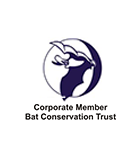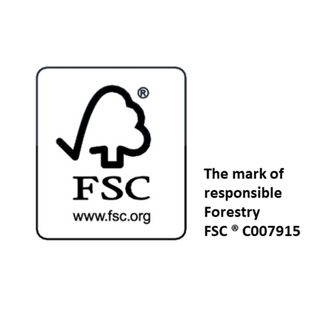Choosing your box
We realise that working out which box you require can be daunting with the number of different boxes that we produce.
If you would like to check what a particular term or word we have used means, please have a look at the glossary.
Otherwise, please read on.
The first issue which we suggest you consider is what species are you trying to encourage and provide accommodation for. Once you have an idea of the species you are trying to encourage then we suggest that you look on our list below and follow the links to the appropriate box from our range. It’s worth noting that some species will not nest or roost in artificial boxes and our list just shows which birds and mammals are most likely to take up residence. If you don’t have specific species that you want to encourage but would like to see more birds nesting in your garden then we’d suggest that you put up a mix of small bird boxes with differing hole sizes (Small Bird Nest Box or Apex Bird Box) and some open fronted boxes (Apex Robin Box or Robin Nest Box). This will provide accommodation for a wide variety of species depending on the species which are present in your garden and the surrounding area. Alternatively if you fancy making some boxes you could buy a mixed pack of Bird Box Kits. Please give us a call on +44 (0) 1675 442299 or email us at info@nesbox.co.uk.
BIRDS
|
Species |
Suggested Boxes |
Notes |
|
Blue Tit |
Prefer 25mm hole. Site box 1m to 5m above ground with clear flight path to entrance |
|
|
Great Tit |
|
Prefer 28mm hole. Site box 1m to 5m above ground with clear flight path to entrance |
|
Coal Tit |
Prefer 25mm hole with box low down (less than 1m to ground) |
|
|
House Sparrow |
32mm hole with box over 2m above ground. They nest colonially so one box on own is unlikely to attract a pair. |
|
|
Marsh Tit |
25mm hole with box close to the ground (c. 1m) |
|
|
Nuthatch |
32mm hole with box sited over 3m high with clear flight path to entrance |
|
|
Pied Flycatcher |
28mm hole with box 2m-4m above ground |
|
|
Redstart |
Mount box 1m -3m above ground |
|
|
Tree Sparrow |
28mm hole with box over 2m above ground. These birds are semi-colonial so best to put up at least two boxes |
|
|
Pied Wagtail |
Site box up to 5m above ground. Best sited where lawn and water are nearby. |
|
|
Robin |
Try to position the box in thick overhanging vegetation with good cover. |
|
|
Spotted Flycatcher |
Site box 2m-4m above ground with clear outlook but some cover around box. |
|
|
Swift |
Place the nest box as high as possible on the building with a clear drop below. |
|
|
Kestrel |
As high as you can get the box (ideally 5m) with a clear flight path to the entrance. |
|
|
Starling |
Ideally over 2.5m above ground. Starlings are semi colonial so if you can put up a couple on adjacent trees or building you may find they all get occupied. |
|
|
Jackdaw |
Try to get the nest box as high as possible (5m +) |
|
|
Barn Owl |
Position the box 4m high ideally with clear flight path to the entrance |
|
|
Tawny Owl |
Position the box at least 2.5m high with clear flight path to the entrance in a quite undisturbed location. |
|
|
Treecreeper |
Place on the trunk of a large tree ideally with some cover nearby. |
|
|
Goldeneye |
Place near lakes on bankside trees, around 3m from ground. |
|
|
Goosander |
Place near rivers or lakes on bankside trees, at least 3m from ground. |
If you are still not sure we’d be happy to discuss your requirements and advise you. Please give us a call on +44 (0) 1675 442299 or email us at mail@nestbox.co.uk




